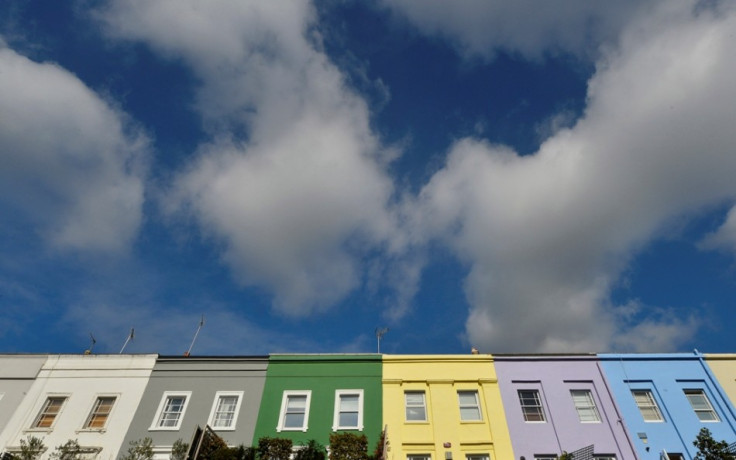UK Housing: First-Time Buyer Boom Continues Despite Mortgage Market Tightening

The number of first time buyers in the UK housing market is rising sharply, despite a looming increase in interest rates and efforts to tighten mortgage lending.
There were 28,300 first time buyer completions in August 2014, a 7% rise on the same month a year before. That's according to the First Time Buyer Opinion Barometer by estate agencies Your Move and Reeds Rains.
The average price for a first-time buyer home was £151,942 in August 2014, 3.5% higher than in 2013. But the average mortgage deposit had fallen 6.2% annually to £27,114 because schemes such as Help to Buy had enabled many first-time buyers get a bigger loan-to-value (LTV) than had previously been available to them.
"First-time buyers remain keen to get a foot on the housing ladder and this is essential to keep the housing market moving," said David Newnes, director of estate agents Your Move and Reeds Rains.
Our antiquated stamp duty categories haven't been updated in over a decade and desperately need to be revisited
"For seven years, a whole host of new buyers were unable to access the property market, as wages remained stagnant while the cost of living grew making saving for deposits difficult for many.
"But Help to Buy – and the whole host of other higher LTV options now being offered by lenders – have been helping repair the damage caused by the financial crisis, and providing a means for first-timers to get onto the ladder at long last."
House prices are rising sharply amid intense demand and a dearth in supply. The Office for National Statistics (ONS) said the average price of a UK home hit £272,000 in July 2014 after leaping 11.7% over the year. And in London the average price jumped 19.1% over the year to £514,000.
These higher prices have moved concerned regulators to tighten the mortgage market for fear that the current climate of low interest rates will encourage excessive household debt.
The Financial Conduct Authority (FCA) has forced lenders to conduct tougher affordability tests on potential borrowers, while the Bank of England will cap high loan-to-income lending from October.
But the higher prices also pose another problem, particularly in London. Many people are priced out not just by the high values, but by the stamp duty that comes on top.
"Our antiquated stamp duty categories haven't been updated in over a decade and desperately need to be revisited," Newnes said.
"The average price for a first property in London is well over £250,000, meaning most buyers are liable for a stamp duty bill of at least £7,500.
"For many borrowers who have already struggled to save for a deposit, that fee can be prohibitive. Stamp duty fees form too big an obstacle for many first-time buyers to navigate where price restricts choice."
© Copyright IBTimes 2024. All rights reserved.







